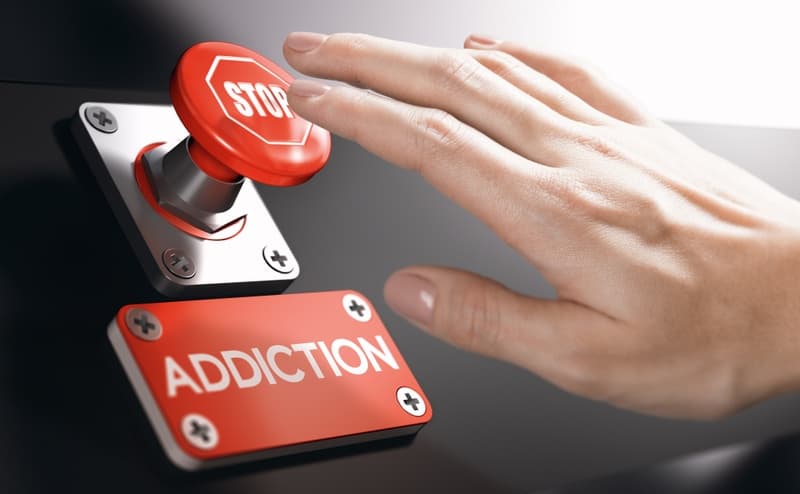Amaha / / / Benefits of Support Groups and Peer Networks for Addiction Recovery
ARTICLE | 6 MIN MINS READ
Benefits of Support Groups and Peer Networks for Addiction Recovery
Published on
10th Mar 2025

There are several ways to recover from addiction. However, nothing makes one feel better than having people going through a similar experience, who share similar stories. This can make us be inspired by them in times when we feel like giving up. While consulting a therapist or a psychiatrist is often the go-to treatment option, support groups can help you get better in numerous ways.
Also read: What is the difference between alcohol dependence and alcohol addiction?
What is the role of support groups in addiction recovery?
Many times, advice from someone who has walked the same path as you works better than advice from a professional. We tend to relate more and connect better. Support groups or peer networks are mediums to meet such people who struggle to break free from addiction.
Peer networks or support group involves people exchanging non-professional, non-clinical support from others with similar conditions or circumstances. It aids in achieving recovery and prolonged sobriety from alcohol, smoking, or other drug-related problems.
It is crucial to note that support groups cannot replace professional support. Only a licensed psychologist/psychiatrist can provide a formal medical diagnosis or clinical treatment plan. In such cases, support groups can be used to aid the process.
Also read: How to Overcome Your Nicotine Addiction: A Step-by-Step Guide
Benefits of peer networks during addiction recovery
Owing to its effectiveness, there has been a huge rise in support groups in recent years. Numerous medical professionals recommend support groups for dealing with the many challenges that arise in overcoming addiction. A few benefits of support groups and peer networks are:
It helps you stay firm on the treatment
While dealing with a problem alone, you might often feel like giving up midway. There may be instances where you don't feel motivated enough to continue with the process to reach your goal. Similar things might happen while trying to quit an addiction. It might be hard for you to get through it alone. This is where members in a support group can help you stick to your treatment, and keep you inspired and motivated with their own ways to deal with withdrawal symptoms of addiction.
It decreases the substance use
When you abruptly stop using a drug, your body might show severe signs of withdrawal while it copes with the sudden absence of the drug/substance. Support groups often have mentors who help reduce the dosage in small amounts. This can help you gradually withdraw from the substance. This can ease the process where your body can slowly get used to the absence of the drug/substance.
Also read: Post-Acute Withdrawal Syndrome: All You Need To Know
Reduce the chances of relapse
Relapse often occurs when an individual undergoes a severe amount of stress and isn’t able to find a way to cope with it. Support groups can help you through such times by guiding you to use healthy coping mechanisms. A study concluded that participants in a peer support community program had shown a reduction in relapse as compared to participants who recovered in isolation.
It provides you with a mentor
Support groups often have members who have successfully withdrawn from an addiction. They might help you know how to achieve long-term sobriety, tell you about their stories, and guide you through your mistakes. This can help you feel hopeful about your journey to recover from addictive behaviour.
It builds your social network
The best people you might find are ones on a similar journey who sincerely would want you to recover. Support groups can help you find friends and build your social circle. Since they are on the same journey, they can understand and empathise with your situation. This can uplift your mood when you feel discouraged, ease your conscience when you feel guilty, and keep you strong.
Your journey to recovery can often go awry in isolation and increase the chances of relapse. You might have to make difficult choices if you want to break free from addiction. However, having positive support and encouragement can be instrumental in abstaining from substance use.